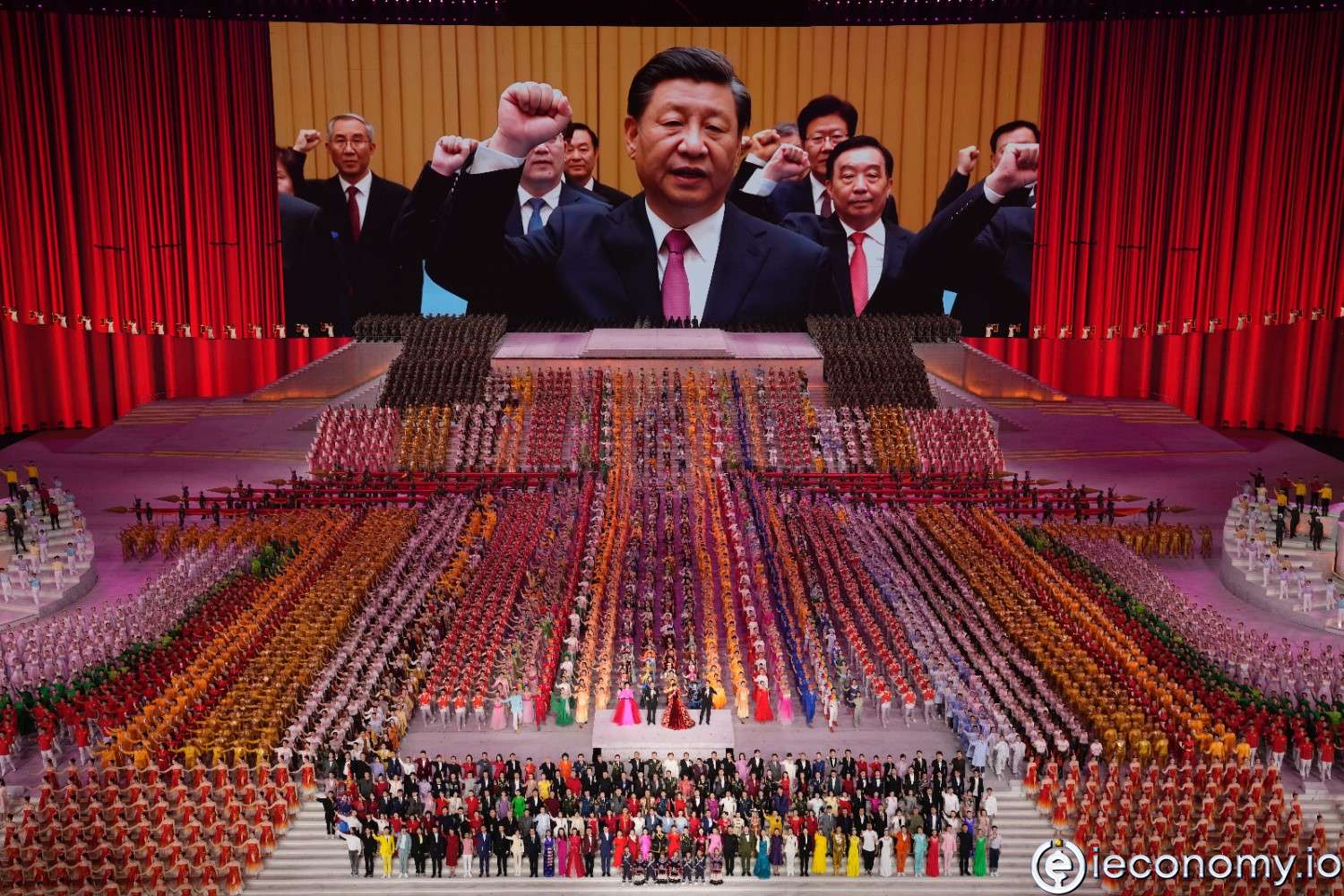9417
0
There are "worrying signs" that China is increasingly turning inward
There are "worrying signs" that China is increasingly turning inward. The ongoing regulation of the private sector is also worrying.

Yazar: Tom Roberts
Yayınlanma: 25 Eylül 2021 21:14
Güncellenme: 2 Mart 2026 22:16
There are "worrying signs" that China is increasingly turning inward
European companies view the new economic course of the Chinese leadership with great concern. "At first glance everything seems to be fine in the Middle Kingdom," said the President of the EU Chamber of Commerce in China, Jörg Wuttke, in Beijing. Many companies had once again achieved record sales and profit figures last year, which is unlikely to change in the near future. In the short term, too, the outlook for European companies operating in China remained positive overall. However, there are "worrying signs" that China is increasingly turning inward. "This tendency raises considerable doubts about the future growth path of the country," said Wuttke when presenting the annual position paper of the EU Chamber of Commerce. This referred to the new five-year plan adopted at the Beijing People's Congress in March, which clearly stated the course "to reduce dependence on the rest of the world and ultimately to achieve a high degree of self-sufficiency". China is expected to further reduce the role that foreign companies are currently playing in the country's economy - especially in the high-tech sectors. "The members of the European Chamber of Commerce are very concerned about the extent to which they will be able to contribute to China's future economic growth," said Wuttke. The ongoing regulation of the country's private sector is also worrying. With a major regulatory campaign by state and party leader Xi Jinping, powerful tech companies, online retail and financial services, the gaming industry, driving services, the real estate sector, and the entertainment and education industries have been more and more put on a leash in recent months. A heated debate is raging over the question of where the head of state is heading the billion-dollar empire. He wants to achieve "general prosperity". But critics warn of a "new cultural revolution". They fear the return of old times that would only have brought chaos.İLGİLİ HABERLER





European stocks soared and focus shifted to German retail sales after Powell's speech!

Forex Signal For TRY/USD: Inflation Slowdown in November.

Forex Signal For GBP/USD: Bullish Trend Still Not Breaking While Recovery Continues.

Forex Signal For EUR/USD: Starry US Data Points to Higher Fed Increases.

Forex Signal For BTC/USD: Downside Continues as Bitcoin Recovery Moves Less.
En Popüler Haberler
Yorum Yap
Yorumlar
Henüz yorum yapan yok! İlk yorumu siz yapın...